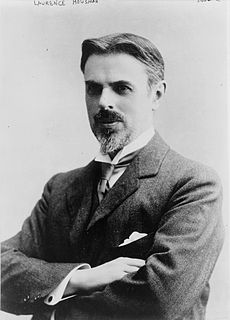A Quote by Northrop Frye
Poetry can only be made out of other poems; novels out of other novels.
Related Quotes
In Pakistan, many of the young people read novels because in the novels, not just my novels but the novels of many other Pakistani writers, they encounter ideas, notions, ways of thinking about the world, thinking about their society that are different. And fiction functions in a countercultural way as it does in America and certainly as it did in the, you know, '60s.
The difference does not lie in the things that news does that novels do not do, but in the things that novels do that news cannot do. In other words, this basic technique of news - just one among many - is something a novel can use, but a novel can deploy a multitude of other techniques also. Novels are not bound by the rules of reportage. Far from it. They're predicated on delivering experience.
The whole process of having to put the thing into the world seems so antithetical to the act of writing. Poetry is slightly easier, because there's less money and fewer people involved. You just let a book of poems trickle out in the world, and it finds its own people. Novels are much harder, and you don't think you should have to do some of the things you're made to do.



































